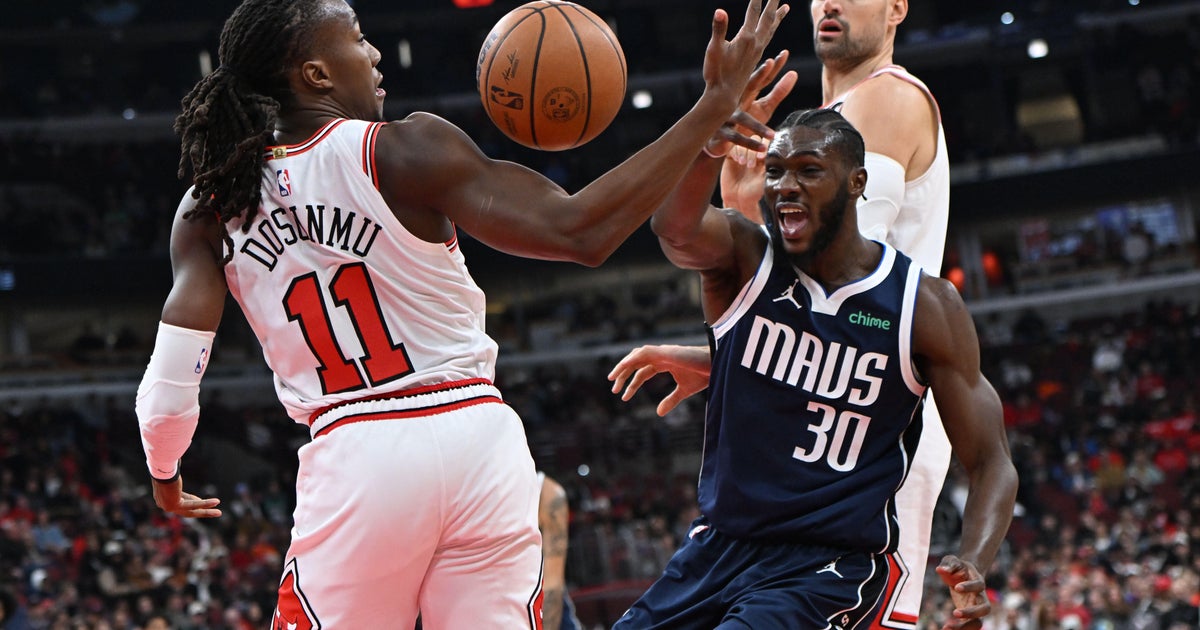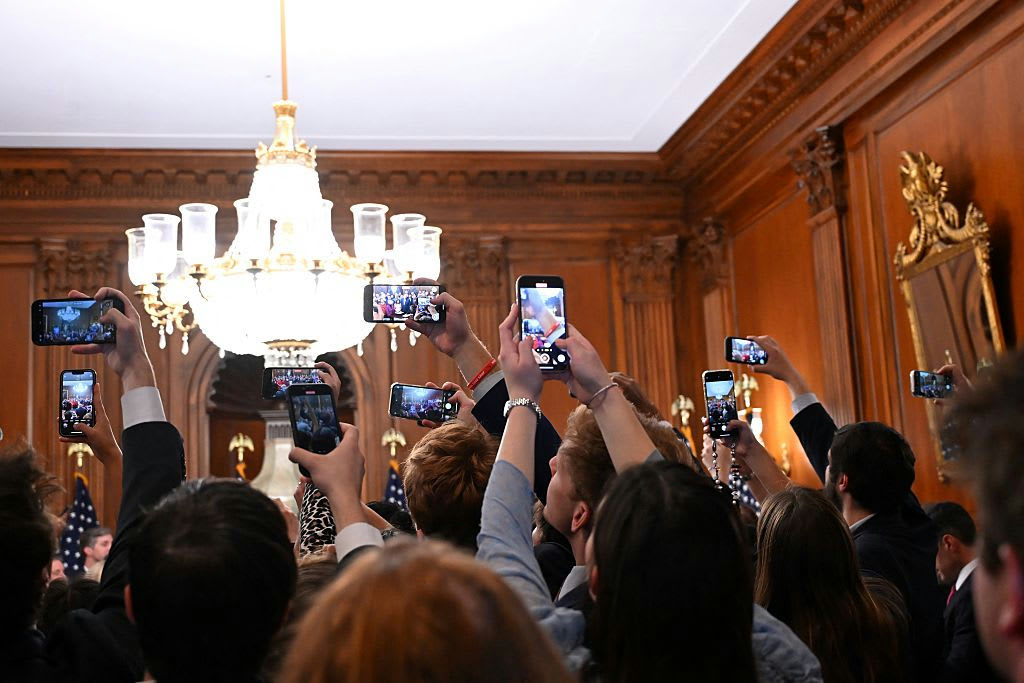AMC shares tumble despite offer of free popcorn to investors
An offer of free popcorn wasn't enough to keep shares of theater chain AMC from swinging wildly Thursday, with the "meme stock" plunging 39% in early trade before regaining some of that ground over the rest of the session.
Despite the dip, AMC has seen its shares soar more than 2,000% this year after amateur investors who congregate on social media piled into the money-losing company's stock and that of other beaten-down companies now known as meme stocks, including GameStop, Bed Bath & Beyond, Blackberry and Koss.
AMC shares slumped to just over $38 in morning action on the New York Stock Exchange and closed at $51.31, a loss of nearly 18% on the day. The company's overall market value of $23 billion amounts to more than double the total 2019 box-office receipts for U.S. theaters.
AMC is emerging from pandemic lockdowns that threatened the very existence of the company not long ago. During its run up in recent weeks, AMC appears to have been lifted partly by an assumption that the U.S. economic reopening as the coronavirus pandemic eases will boost movie ticket sales. Shares also appear to have gotten a boost from the Centers for Disease Control and Prevention's recent guidance that vaccinated people no longer need to wear masks, even in indoor settings like cinemas.
Yet industry analysts have yet to fully explain the extreme enthusiasm for its stock that is being driven by large numbers of online traders who seem to have disregarded the rough path the company faces in its recovery over the next few years.
AMC acknowledged that phenomenon Thursday in a filing with the Securities and Exchange Commission when it announced the potential sale of shares "from time to time."
"We believe that the recent volatility and our current market prices reflect market and trading dynamics unrelated to our underlying business, or macro or industry fundamentals, and we do not know how long these dynamics will last," AMC said in the filing. "Under the circumstances, we caution you against investing in our Class A common stock, unless you are prepared to incur the risk of losing all or a substantial portion of your investment."
The announcement in a regulatory filing on Thursday comes just two days after the company said it was raising $230.5 million through an 8.5 million share sale, and a day after it offered its thousands of new investors free screenings, discounts and a free large popcorn.
AMC said it plans to use net proceeds from any sale of shares for financing and theater acquisitions, among other things. It surely needs the cash: AMC earlier this month reported losing nearly $575 million in the first three months of the year. Sales also dropped slightly from the last three months of 2020. Analysts forecast AMC will lose $1.5 billion in all of 2021, and they don't expect the company to return to profitability until 2024 at the earliest.
The smaller investors piling into stocks like AMC and GameStop, the gaming retailer that had been rattled by shifting technology, are known in the industry as "retail investors." The distinction is used to separate them from the pension funds, mutual funds and other institutional investors that typically dominate a company's ownership. At AMC, retail investors made up more than 80%, as of mid-March, a rare phenomenon in the investing world.
Apps fuel investment
Retail investors have become a much more powerful force across the market in recent years. Easy-to-use trading apps and zero trading commissions have drawn in a new generation of traders. So did the pandemic, which meant millions of people were suddenly sitting on their couches with little else to do.
Social media has amplified their power further, with threads on Reddit, Twitter and elsewhere quickly building momentum for some stocks. It was most apparent early this year when AMC, GameStop and a handful of other beaten-down stocks suddenly surged to shock and awe Wall Street.
Volatility in shares of AMC Entertainment Holdings Inc. continued before the opening bell Thursday. Shares that had been up about 20%, swung 30 percentage points to trade down 10% after the share sale was announced.
However, shares that had cost about $2 at the start of the year, now cost more than $60 each.





